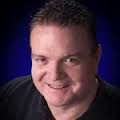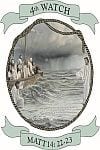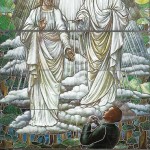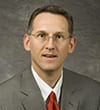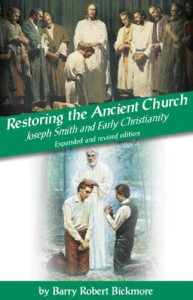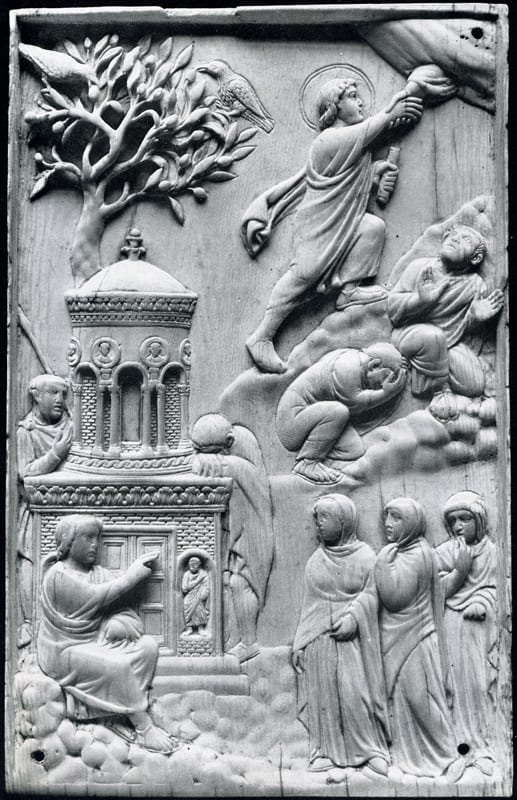Podcast: Download (49.1MB)
Subscribe: RSS
 It is the foundational event of Mormonism–or at least that is what it became. Beginning in 1832, Joseph Smith began to publicly talk about a visionary experience he had in a grove of trees nearby his home in upstate New York. However, what he told audiences differed from year-to-year in what feels to be substantial detail. Is this evidence of rank fraud? Or, as his supporters say, does it indicate the natural human tendency to emphasize/omit details of a story based on one’s audience or perhaps his own changing understanding of the importance of certain theological principles. Brittany Nielson and I speak with LDS Church Historian Dr. Stephen Harper about his book, Joseph Smith’s First Vision: A Guide to the Historical Accounts. Harper currently works on the Joseph Smith Papers Project production team for the LDS Church.
It is the foundational event of Mormonism–or at least that is what it became. Beginning in 1832, Joseph Smith began to publicly talk about a visionary experience he had in a grove of trees nearby his home in upstate New York. However, what he told audiences differed from year-to-year in what feels to be substantial detail. Is this evidence of rank fraud? Or, as his supporters say, does it indicate the natural human tendency to emphasize/omit details of a story based on one’s audience or perhaps his own changing understanding of the importance of certain theological principles. Brittany Nielson and I speak with LDS Church Historian Dr. Stephen Harper about his book, Joseph Smith’s First Vision: A Guide to the Historical Accounts. Harper currently works on the Joseph Smith Papers Project production team for the LDS Church.
This podcast interview was provided courtesy of Russell Stevenson.
Russell Stevenson is the “Mormon History Guy” and the views expressed are his own may not reflect those of the Church of Jesus Christ of Latter-day Saints or that of FairMormon.
